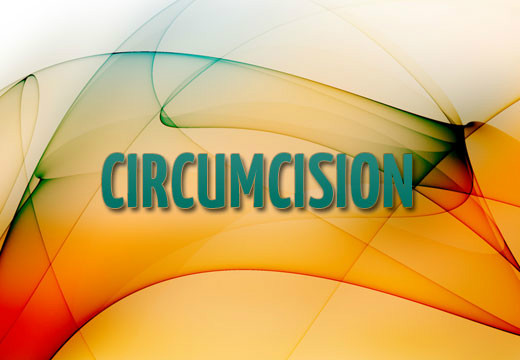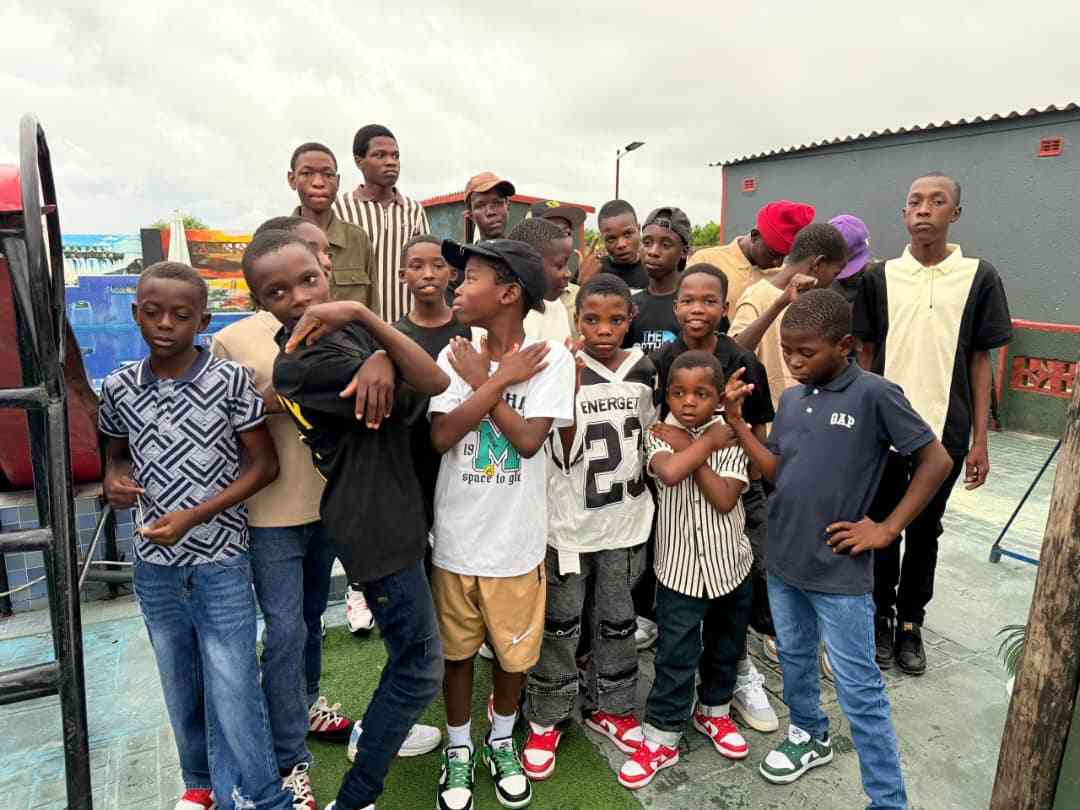
BINGA men are resisting voluntary male circumcision with no one having been circumcised between January and March, according to statistics provided by the National Aids Council (NAC).
BY BATANAI MUTASA
This was revealed on Monday during a Matabeleland North NAC provincial stakeholders’ meeting in Bulawayo.
According to NAC statistics, while no one was circumcised in Binga between January and March, Bubi, Hwange, Tsholotsho, Umguza, Lupane and Nkayi recorded a combined total of 2 359 operations.
Lupane and Nkayi districts had the highest number of volunteers with 1 131 and 535 cases respectively.
NAC Matabeleland North monitoring and evaluation officer Mthokozisi Moyo attributed the resistance in Binga to entrenched cultural beliefs which were against circumcision.
“There is need to strategise ways to teach and persuade people in the district to embrace this exercise lest we compromise other efforts to prevent the spread of HIV,” Moyo said.
Male circumcision is reputed to reduce female-to-male sexual transmission of HIV by 60%.
- Chamisa under fire over US$120K donation
- Mavhunga puts DeMbare into Chibuku quarterfinals
- Pension funds bet on Cabora Bassa oilfields
- Councils defy govt fire tender directive
Keep Reading
Despite shunning male circumcision, Binga recorded a high uptake of male condoms and a huge response to other programmes to curb the HIV pandemic. The area recorded the lowest seropositivity rates in the province.
Seropositivity is the state of having blood serum that tests positive for a given pathogen, especially HIV.
Binga recorded the lowest seropositivity rate in pregnant women of 3,3% while Bubi, Lupane, Nkayi, Umguza, Hwange and Tsholotsho recorded rates of 7,8%, 8,4%, 9%, 11% and 13 %, respectively.
The provincial rate dropped from 12% in the fourth quarter 2014 to 8% in the first quarter 2015.
However, Moyo indicated figures could be skewed owing to incomplete reports received from health facilities.
Binga had low sexually transmitted infections (STI) in Matabeleland North at 9% after Lupane which accounted for 8% of STI cases in Matabeleland North.
Hwange recorded the highest STI cases accounting for 37% of all cases in the province.
“In male condom distribution, Binga district accounted for 37% of male condoms distributed followed by Hwange (18%) while Umguza had the least (2%),” Moyo said.
“Hwange had the highest number of sexual abuse cases (36%), followed by Tsholotsho (29%) and the least reported cases were recorded in Lupane (1%), Umguza (0%) and Binga (3%).”
Although Binga recorded positive figures in the province, stakeholders underlined the need to consolidate the gains.
Speaking on the sidelines of the meeting, NAC Matabeleland North co-ordinator Dingaan Dube warned that if voluntary male circumcision was not taken up, the risk of new HIV infections would rise in the long run.
“We are concerned. Response figures are high from testing and counselling centres and Binga has a lot of people coming forward,” Dube said.
“But the many people in the fishing camps are from different areas and this could worsen the HIV situation in the district.”










